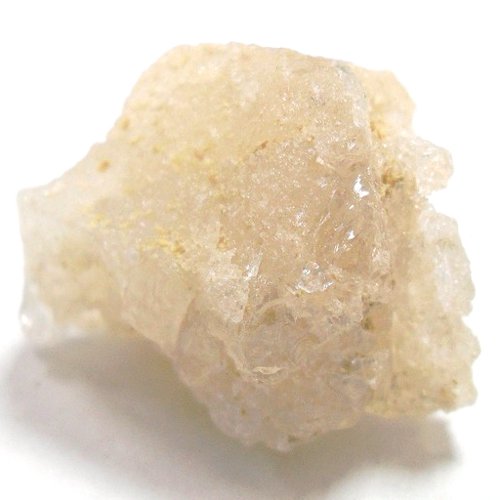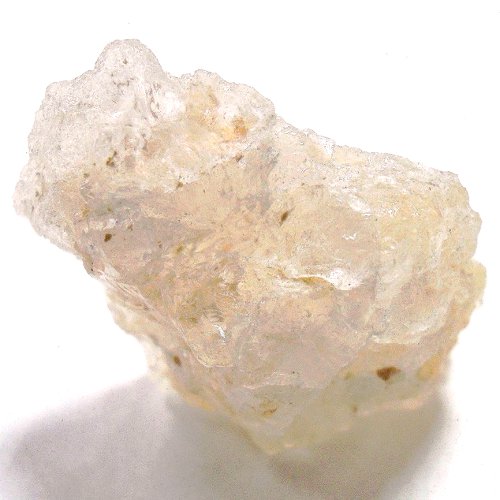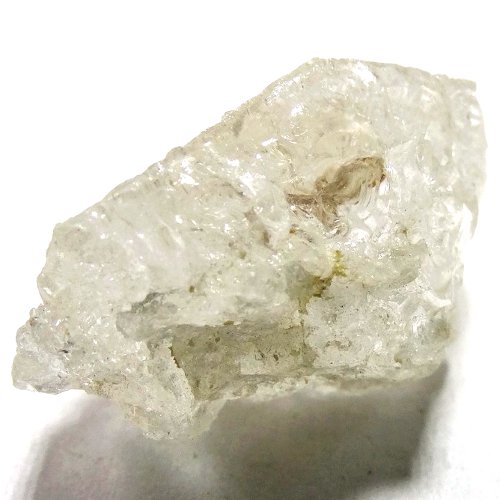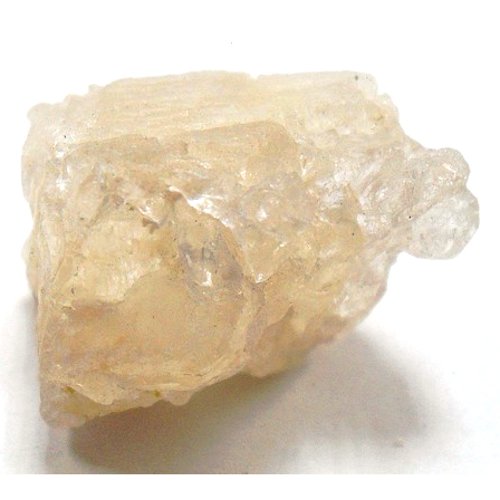Pollucite
Pollucite is a zeolite mineral with iron, calcium, rubidium and potassium as common substituting elements. It is important as a significant ore of caesium and sometimes rubidium. It forms a solid solution series with analcime. Pollucite crystallizes in the isometric – hexoctahedral crystal system as colorless, white, gray, or rarely pink and blue masses. Well formed crystals are rare. It has a Mohs hardness of 6.5 and a specific gravity of 2.9, has a brittle fracture and no cleavage.
Pollucite first described by August Breithaupt in 1846 for occurrences on the island of Elba, Italy. It named for Pollux, the twin of Castor on the grounds that it often found associated with petalite. The high caesium content missed by the first analysis by Karl Friedrich Plattner in 1848. After the discovery of caesium in 1860 a second analysis in 1864 was able to show the high caesium content of pollucite.
Showing all 4 results




